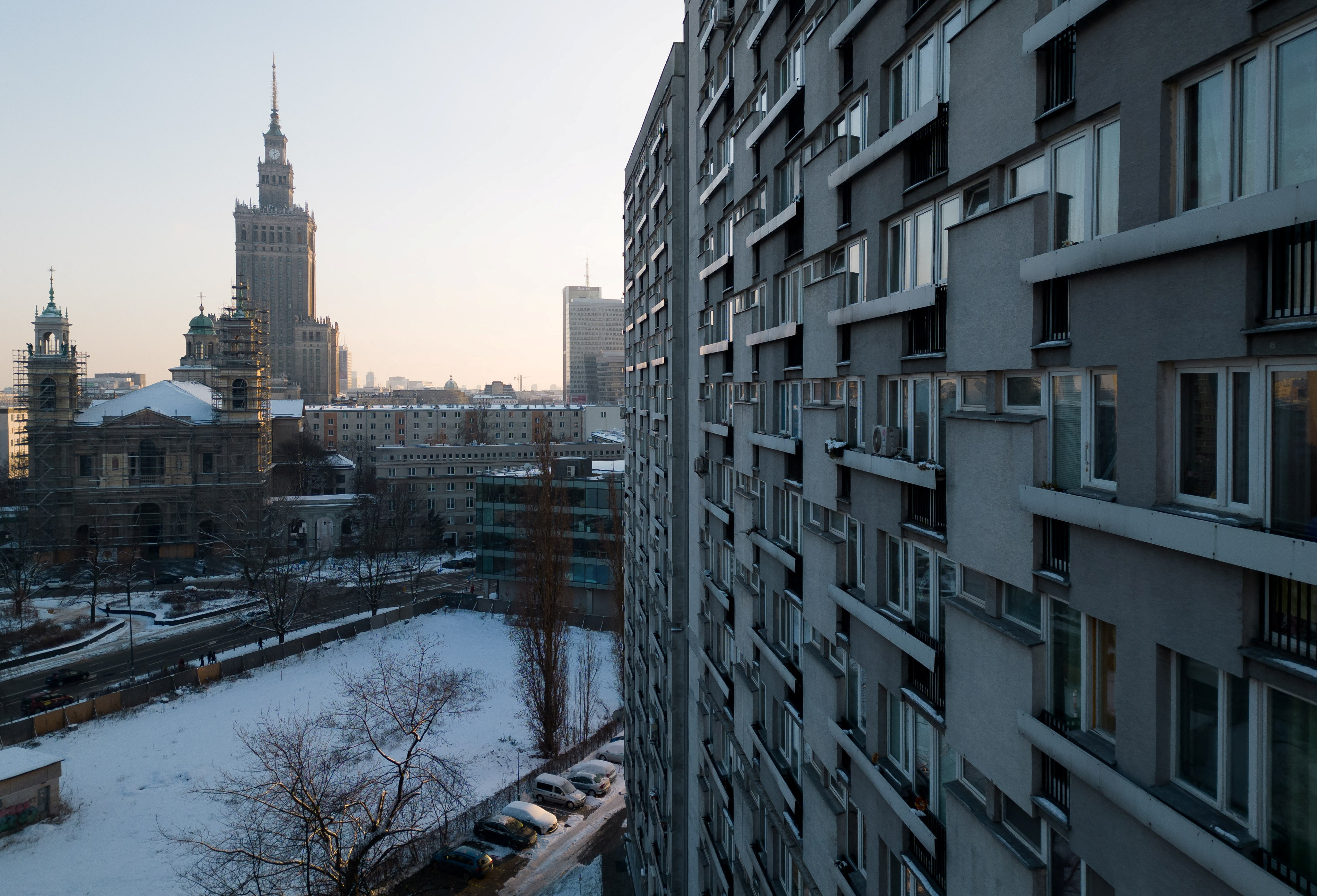"There are many large cities in the Central European region with positive demographic and economic momentum and a housing market that is not fueled by new construction," Stanislav Kubacek, head of investments for Eastern Europe at Sweden-based Heimstaden, told Reuters. "These are good ingredients for investment in the residential rental sector."
Investments in the sector, mainly in Poland and the Czech Republic, increased by 38% to €130 million in the first half of 2022, according to a CMS and CBRE report. And higher yields and room for growth are spurring new projects, real estate players say. Denmark's NREP entered the Polish market in 2021 and plans to invest around €500m in real estate mainly in housing and logistics over the next three years, with projects in major cities such as Warsaw, Wrocław, Gdansk and Krakow.
"Investors can see a clear opportunity in the market as younger generations become more open to renting, following the trend of past decades in Western Europe, while the supply of modern rental properties is very limited," Rune Kock, managing director of advisor to NREP's real estate department.
Poland, the region's largest economy, stands out for its growing population in several major cities and an estimated 3 million housing shortage, but the Czech Republic and potentially Hungary also offer opportunities.
Radim Bajar, a partner at Czech investment group Mint Investments, said his fund (which manages $54.81 million) is exploring projects in Prague, Brno and Plzeň, aiming to add 300 to 500 apartments to its portfolio. next year. "Right now we are surprised by the speed and how the market is changing," he told Reuters. "We believe that in the next 10 years 2/3 of the apartments that will be built in this country will be sold to funds like ours and only 1/3 to property owners," he added.
Investments in Poland
According to Eurostat data, Poland has a rate of overcrowding – where houses do not have enough rooms for the number of people in the household – of almost 37%, compared to the European Union average of 17.5%.
Much of the housing stock is communist-era apartments, often prefabricated, in need of modernization. This is an advantage for developers, who can target a growing group of workers looking for amenities like high-speed internet, gyms and more.
"We will follow our strategy of investing in major cities in Poland," G City Europe (formerly Atrium European Real Estate), Residential for Rent CEO Anna Dafna told Reuters. He said the company plans to start a project to build 500 units in Warsaw by the first quarter of 2023. Current residential property yields are 100 to 200 basis points above those in Western Europe, according to data from Cushman & Wakefield. with Warsaw at 5% and Prague at 4.10% compared to 2.70% in Berlin, 3% in Amsterdam and 3.25% in London.















